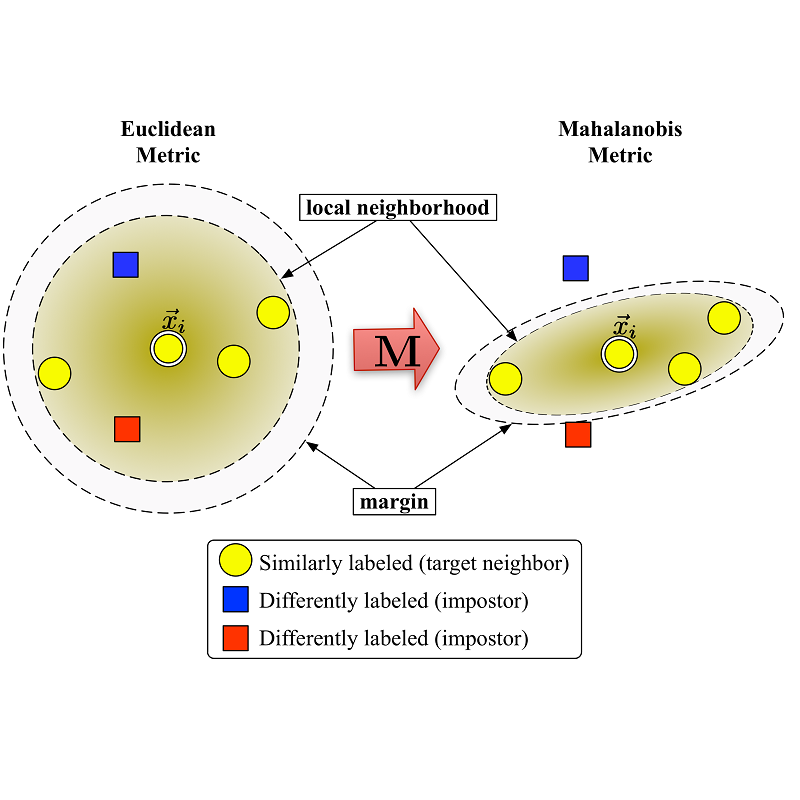We propose a Geometry-aware Policy Imitation (GPI) approach that rethinks imitation learning by treating demonstrations as geometric curves rather than collections of state-action samples. From these curves, GPI derives distance fields that give rise to two complementary control primitives: a progression flow that advances along expert trajectories and an attraction flow that corrects deviations. Their combination defines a controllable, non-parametric vector field that directly guides robot behavior. This formulation decouples metric learning from policy synthesis, enabling modular adaptation across low-dimensional robot states and high-dimensional perceptual inputs. GPI naturally supports multimodality by preserving distinct demonstrations as separate models and allows efficient composition of new demonstrations through simple additions to the distance field. We evaluate GPI in simulation and on real robots across diverse tasks. Experiments show that GPI achieves higher success rates than diffusion-based policies while running 20 times faster, requiring less memory, and remaining robust to perturbations. These results establish GPI as an efficient, interpretable, and scalable alternative to generative approaches for robotic imitation learning. Project website: https://yimingli1998.github.io/projects/GPI/
翻译:暂无翻译




